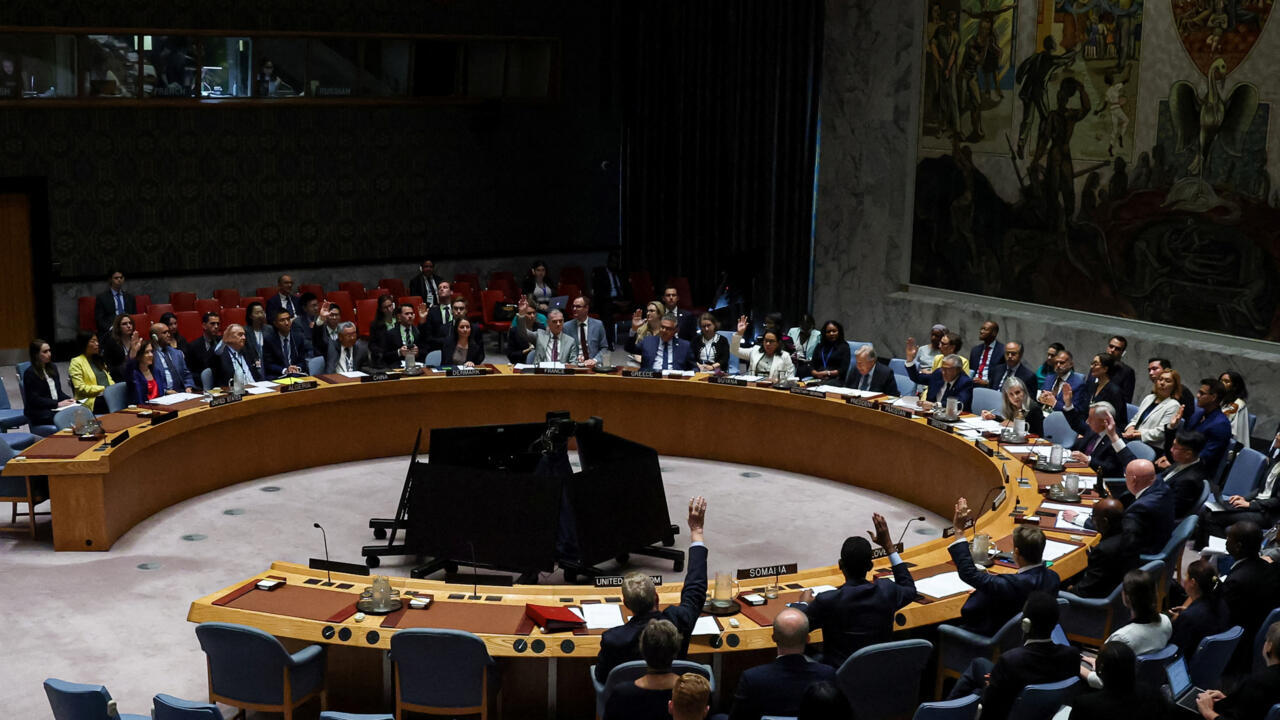EU Proposes Second Delay to Anti-Deforestation Law, Pushing Implementation to 2026
The European Union is considering a second one-year delay to its landmark anti-deforestation law, officially known as the European Union Deforestation Regulation (EUDR). The potential postponement could push the implementation date to December 2026. This decision follows concerns about the readiness of the crucial IT system and existing opposition from businesses and trading partners, despite recent trade agreements, such as one with Indonesia.
Reasons for the Proposed Delay
Environment Commissioner Jessika Roswall cited that the primary reason for the proposed delay is the inadequate IT system meant to support the EUDR. According to Roswall, the unprepared IT system would hinder operators from properly registering and filing the paperwork required for compliance. She emphasized in a letter to the European Parliament that “This would severely impact the achievement of the objectives of EUDR, but also potentially affect trade flows in the areas covered by the legislation."
However, critics argue that the IT system excuse is unconvincing, claiming the system has been under testing for over nine months. Fyfe Strachan, of the environmental nonprofit Earthsight, told Mongabay that it is “frustrating to see it named as the reason for a delay in the law when it was launched for live testing over nine months ago."
The Impact of the Anti-Deforestation Regulation
The EUDR, once implemented, will require producers of commodities linked to deforestation, such as soy, cattle, cocoa, wood, coffee, palm oil, and rubber, to demonstrate that their products were not produced on land deforested after December 31, 2020. This regulation will apply to both EU imports and exports, seeking to ensure that the EU market does not contribute to global deforestation.
The regulation was originally scheduled to take effect in December 2024 but was already delayed to December 2025 due to concerns from companies and producers about their readiness. The latest proposed delay was announced on September 23, the same day the EU finalized a trade agreement with Indonesia, a leading palm oil producer. Commissioner Roswall has stated the two events are unrelated and that the EU remains committed to fighting deforestation.
Criticism and Concerns Surrounding the Delay
The proposed delay has drawn criticism from various stakeholders. Conservationists express concerns that the EUDR could negatively impact small farmers and unintentionally shift production to other ecologically sensitive areas. Christine Schneider of the European People’s Party (EPP) believes the repeated delays highlight fundamental issues with the law that cannot be resolved through "further transitional periods or non-binding guidelines." She aims to push for a "zero-risk" category to exempt certain countries from the EUDR entirely.
Sam Lawson, director of Earthsight, argues that the delay rewards those who have not prepared for the law, while penalizing businesses that have invested in compliance. He urges the European Parliament and Council to reject the delay and implement the law as planned by the end of December.
Responses and Implications
News of the proposed delay has generated varied reactions. Some, like Nicole Polsterer of the environmental group Fern, describe the situation as "part of a wider battle: between those who want to protect the natural world... and those intent on destroying it." WWF warns of "massive stranded costs" for businesses already working towards compliance. Anke Schulmeister-Oldenhove, WWF’s forest policy manager, suggests that any genuine technical issues signify incompetence and a lack of political will to invest in timely implementation. Other interested parties, such as the Cocoa Coalition, have called for rapid adoption without reopening negotiations, whilst simultaneously offering support to smallholder farmers so they can comply.
| Key Issue | Details |
|---|---|
| Proposed Delay | One year, potentially pushing implementation to December 2026. |
| Reason | Concerns about the readiness of the supporting IT system. |
| Commodities Affected | Soy, cattle, cocoa, wood, coffee, palm oil, rubber, and others. |
| Criticisms | Potential negative impacts on small farmers, shifting production to other ecosystems, rewarding non-compliance. |
| Reactions | Concerns from environmental groups, warnings of stranded costs, calls for immediate implementation. |
 Visit the website
Visit the website






